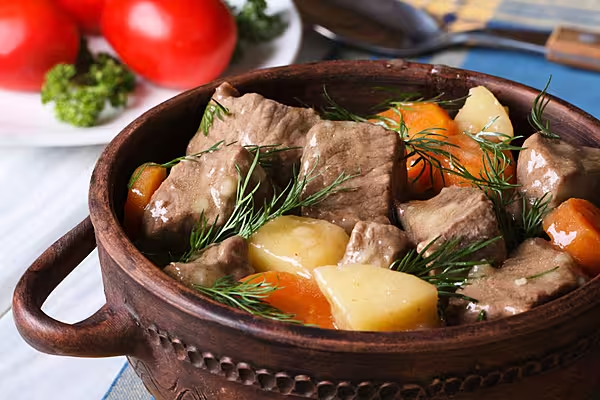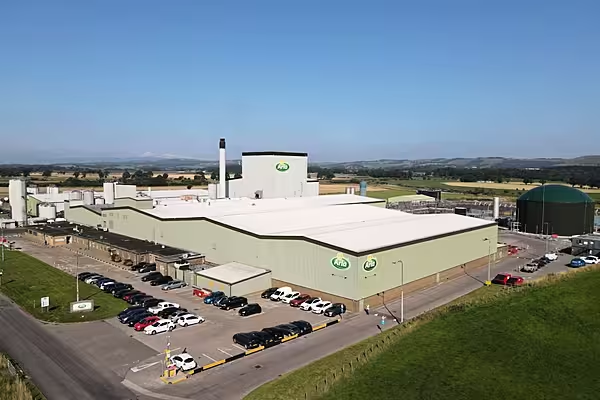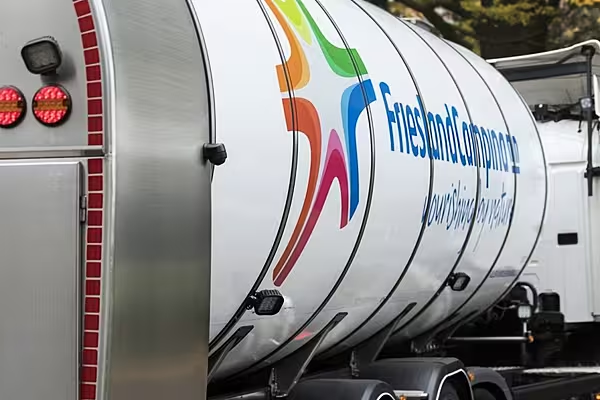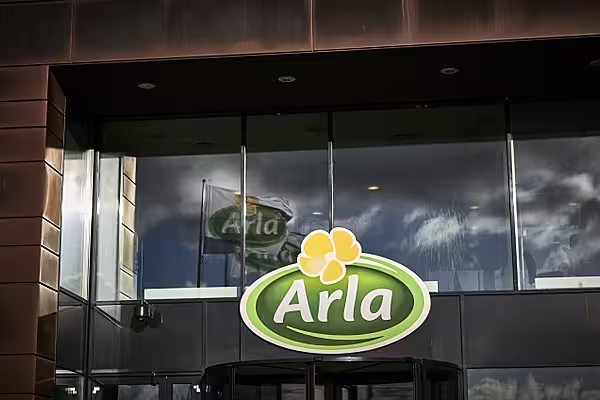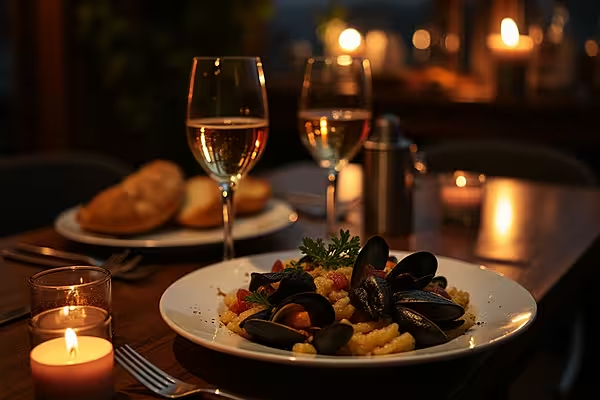Dutch animal welfare Wakker Dier has taken aim at Irish food industry body Bord Bia, describing the claim that Irish beef is sustainable as 'misleading' and 'unfair'.
Quoting an investigation from the Dutch advertising code committee, Reclame Code Commissie (RCC), which claimed that Bord Bia's messaging 'puts the consumer on the wrong track', the animal welfare group pointed to a report in Albert Heijn's Allerhande magazine last September, which stated that Irish cattle are provided with ample space during winter.
In response, Bord Bia said that it was 'surprised and disappointed' with the findings of the advertising committee with regard to how it represented space, housing and sustainability in the brochure.
Stable Conditions
"Ireland looks like a five star hotel for animals if you believe Bord Bia, but it is certain that Irish beef is not sustainable," said Walker Dier vice chairman Anne Hilhorst.
The Allerhande report also gives an 'incorrect picture' of life within Irish stables, Wakker Dier claims, with an image of cattle lying on straw.
'According to the RCC, this creates the impression that this is the usual situation,' the group said. 'In reality, however, Irish cattle are mainly on smooth, concrete slatted floors.'
The level of space afforded to each cattle also comes in for criticism, with Bord Bia saying that 'enough space' is provided in stables, and Wakker Dier claiming that this equates to 2.5 square metres, as per local guidelines.
'The European Commission considers a minimum of four square meters is necessary for cattle,' Wakker Dier says. 'According to the RCC, 2.5 square meters is “significantly less than is usually considered 'enough' in the Netherlands, and therefore considers this statement misleading.'
Wakker Dier said that in 2018, it carried out its own research into the living conditions of Irish cattle in winter, visiting thirteen farms, and found what it described as 'polluted and crowded stables', with 'less strict' legislation than in the Netherlands.
Bord Bia Response
In response to Wakker Dier's accusations, as well as the assessment by the RCC, Bord Bia said that
it is always its 'intention to be as clear and transparent as possible in explaining quality assured Irish food to consumers'. It added that it is considering appealing this decision on these points.
It said that its Sustainable Beef and Lamb Assurance Scheme (SBLAS) is a rigorous and independently audited quality assurance scheme, accredited under ISO 17065 since 2005.
More than 53,000 Irish beef farmers are certified members, it added, noting that at SBLAS-certified farms, independent audits are carried out every eighteen months, auditing in excess of 150 different criteria.
'Members of SBLAS must adhere to requirements regarding the housing of animals: housing must be well constructed, managed and maintained and animals must be afforded a clean, comfortable, and well-ventilated environment with natural light,' it said.
In addition, with regard to the use of the word sustainable, the food body added that its use in the context of this communication was 'intended to be understood in the context of the outdoor grazing imagery throughout', and in the context of Irish beef production.
'Grass fed is our production system in Ireland which means that, on average, Irish cattle consume 95% of their diet as grass or a grass based forage for up to 233 days each year,' it said. 'This puts us at an advantage in terms of sustainable beef production.'
© 2020 European Supermarket Magazine – your source for the latest retail news. Article by Stephen Wynne-Jones. Click subscribe to sign up to ESM: European Supermarket Magazine.
